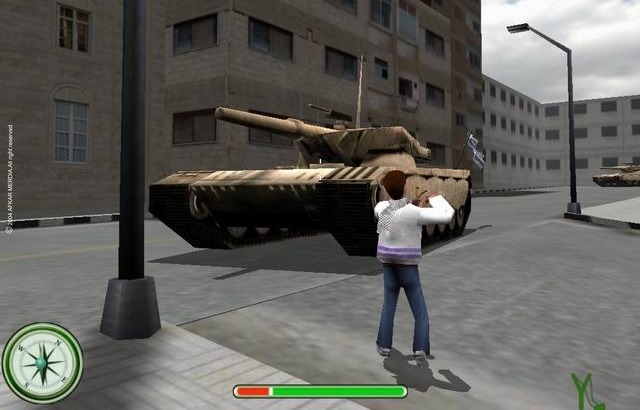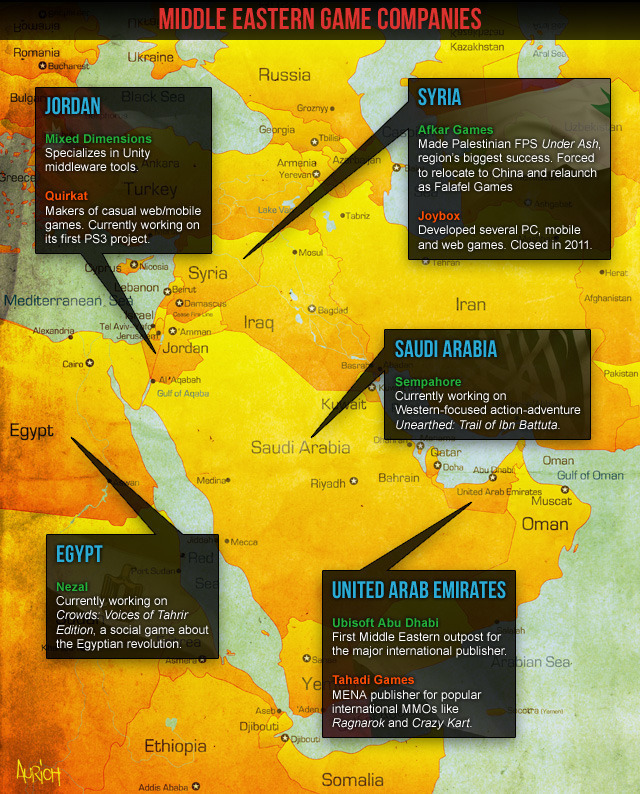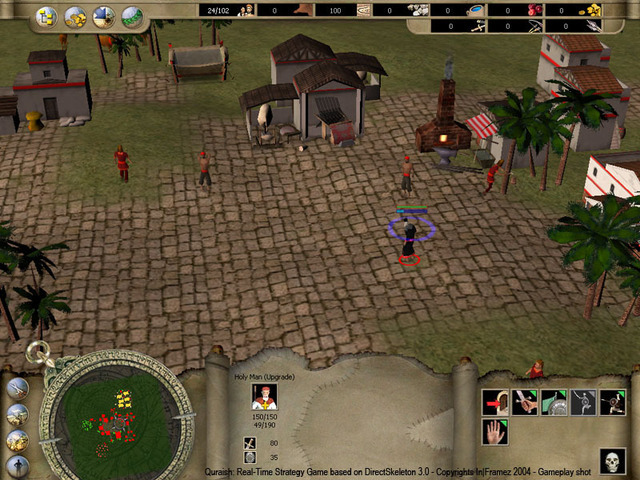
"Life for Syrian game developers has never been better," joked Falafel Games founder Radwan Kasmiya in an e-mail to Ars Technica. "You can test the action on the streets and get back to your desktop to script it on your keyboard."
Kasmiya's icy humor hides a sobering truth about the troubles faced by Syria's once-promising game development industry. The country once looked like a future technology hub, with its centralized location among the Middle East and North African (MENA) countries allowing it to easily draw programming and engineering talent from Turkey, Iraq, Iran, Jordan, Lebanon and Egypt. But that promise has been effectively squashed, first by global economic sanctions and then by more than a year of bloody civil conflict.
Now, amid the chaos in the streets, the majority of Syria's young techies have fled for better jobs and heightened security in the neighboring countries of Jordan and Lebanon. Others have gone even further.
"The entertainment industry was the first to be affected by the revolution," said Kasmiya, who left Syria to start Falafel Games from the relative safety of his current home in China. "During the previous 11 months, most IT companies either closed or are facing hardships. A large wave of talent is migrating towards neighboring countries."
Syria's games industry now looks like just another collateral casualty of dictator Bashar Al-Assad's struggle to hold power.
A fleeting opportunity

Kasmiya was the developer behind Syria's biggest video game success, 2003's Under Ash. Never sold in the West, the game made international headlines for its controversial portrayal of the Israel-Palestine conflict through the eyes of Palestinians who take up arms against Israeli soldiers. Although the game's reported sales of 100,000 would be minuscule for a major Western release, in the MENA region they justified a sequel— 2005's Under Siege, a more documentary-styled game that tracked the lives of Palestinian families based on stories from United Nations documents.
Kasmiya's Afkar Media went on to release a real-time strategy game based on Islamic history, called Quraish, as well as first-person action game Qalat an-Nasr (Castle of Victory). Other studios included Damascus-based JoyBox, which produced several PC, mobile, and Web games before an apparent closure in 2011 (representatives from JoyBox did not reply to requests for comment), and Techniat3D, a smaller independent developer focused on action games. While their titles were primitive by modern international standards, they represented important first steps for a budding local industry.
Even in retrospect, the presence of any sort of game development presence in Syria still seems a bit odd. The country isn't particularly large or wealthy, and its economic and political policies leave much to be desired, especially compared with some of its neighbors.
"Jordan, Syria, and Lebanon are productive nations where the lack of natural resources has necessitated the development of internal human resources," said Muhannad Taslaq, owner of Jordanian developer Mixed Dimensions. "The need to create jobs and income streams has encouraged them to focus on education, and they have evolved into the technology centers for the region."
In the absence of other advantages, Syrian developers like Kasmiya distinguished themselves partly through a willingness to advance social ideas in their games. Quraish, for instance, uses a real-time strategy motif to illustrate the historical birth of Islam. And while Western observers took Under Ash as a purely reactionary response to the way Arabs are portrayed in Western games, the game's design actually spreads a much more nuanced message about the Arab-Israeli conflict.
Kasmiya himself is quick to point out that Under Ash doesn't promote indiscriminate violence against Israel—in fact, players lose the game immediately if they harm an Israeli civilian. Moreover, he said, the game's intentionally, always-increasing difficulty means that every character who picks up a weapon eventually gets killed. This makes Under Ash a frustrating game that's impossible to win—and a poignant statement about the ultimate futility of armed conflict.
Then came the sanctions.

reader comments
39